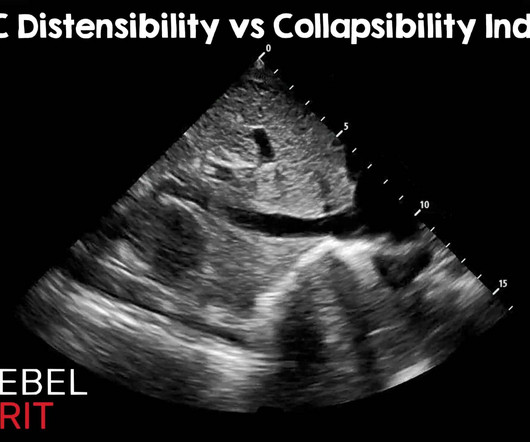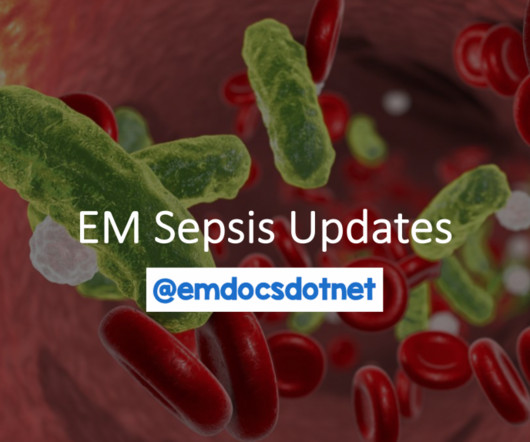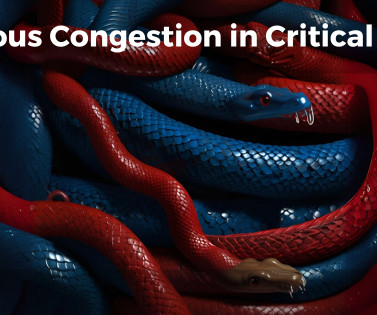IVC Distensibility Index vs Collapsibility Index: Using the Correct Index
RebelEM
FEBRUARY 24, 2025
13 That is to say nothing of the effect that the type and response to shock has on the individual patients involved in these studies. Simply put, a difference greater than or equal to 12% between the largest and smallest pulse pressure can predict fluid responsiveness. Ultrasound Med Biol. May 2014; PMID: 24495437.





















Let's personalize your content